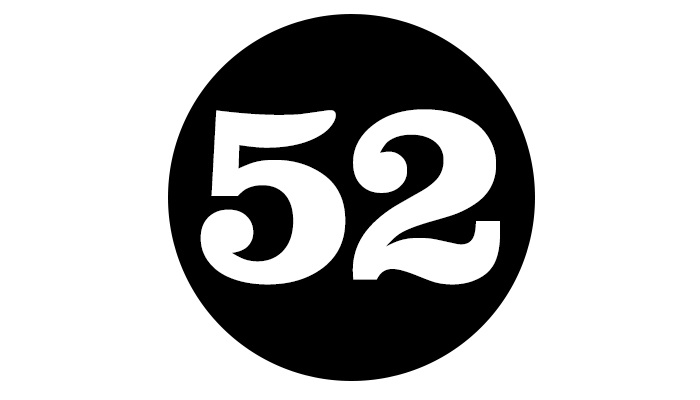There has never been a Mi’kmaq MLA in Nova Scotia, despite the fact that a seat has been reserved for one in the House of Assembly Act since the early 1990s. This week on Off Script, Sandra Hannebohm explores why.
Did you enjoy this episode? Rate this podcast in Apple Podcasts. It really helps support the podcast.
Subscribe to the Off Script podcast in your favourite podcast listening app:
Apple Podcasts | Overcast | Pocket Casts | Stitcher Radio | PlayerFM | Castbox | BeyondPod | Podbean



